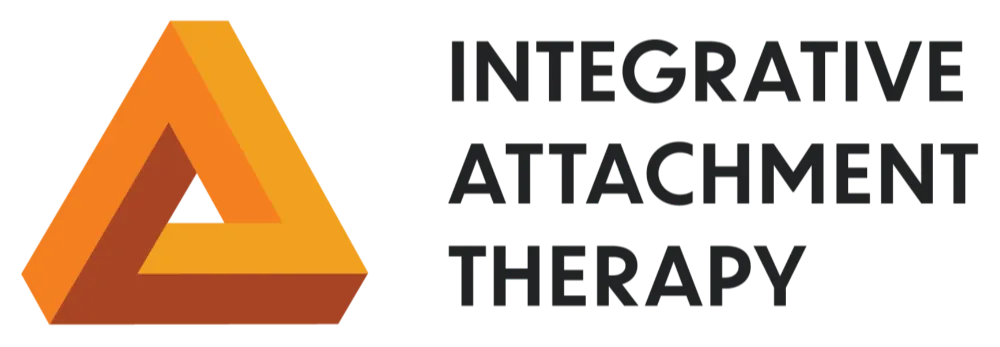
WHO WE ARE
The leading educational center dedicated to the advancement of IAT
Our institute is committed to providing groundbreaking training and research that empowers mental health professionals to effectively treat attachment insecurity in adults, helping patients/clients to achieve inner security, relationship satisfaction, and emotional well-being. We offer a transformative learning experience for clinicians designed to deepen understanding of attachment theory and its practical applications in psychotherapy.
What we stand for
OUR VISION
We envision a world where secure attachment is universally recognised as the foundation for self-development, for establishing secure, meaningful relationships, and for creating and maintaining healthy communities. Understanding security and how to promote in a variety of contexts it can help everyone develop even a little bit more toward their potentials for well-being, self-expression, and connections, contributing to a world with more harmony, creativity, and peace.
OUR MISSION
Our mission is to offer cutting-edge education and training in Integrative Attachment Therapy, grounded in the latest research and clinical expertise. By fostering a comprehensive understanding of attachment, we aim to empower clinicians to work effectively with patients/clients who experience attachment disruptions, ultimately promoting healthier, more secure relationships for individuals, couples, and communities worldwide.
IAT ORIGINS
Method History and Lineage
The Integrative Attachment Therapy Method was initially created jointly by Dr. David Elliott and the late Dr. Daniel P. Brown, pioneers in the field of the application of attachment theory to psychotherapy. Together with a group of their colleagues, over many years, they examined the strengths and weaknesses of the many therapeutic approaches for treating adult attachment insecurity. Their groundbreaking 2016 book, Attachment Disturbances in Adults: Treatment for Comprehensive Repair, was the culmination of their work. The book describes their creative integration of the best aspects of many therapies, together with methodological innovations that produce an effective and efficient approach that is accessible to all clinicians. They named this treatment framework the ‘Three Pillars of attachment repair’.
Subsequently, David Elliott, Nigel Denning, and Traill Dowie have continued to develop and apply this method and its principles, under the name Integrative Attachment Therapy. IAT embodies the Three Pillars with significant enrichments integrating the most recent knowledge and principles from the fields of interpersonal neurobiology, neuroscience, and metacognition-based therapies, among others.
The IAT Institute has become a hub for clinical training and further development and research on attachment repair. Its activities support the therapy’s wider applications, aiming toward establishing a securely attached world.
OUR TEAM
Dedicated Stewardship and Operations
The IAT Institute’s activities are stewarded by David Elliott, Nigel Denning, Traill Dowie, and Maud Raber. David, Nigel and Traill are co-creators of the method and are the primary IAT trainers and supervisors. The Institute’s organization and operations are stewarded by Maud Raber, an IAT Practitioner with expertise in organizational & culture development.
Essential to the implementation of the Institute’s activities are the skillful and dedicated contributions of : Gina Zappia, Eyal Lang, Kieran Day, Vadim Ragozin and Jordan Bakker.
Our whole team is dedicated to creating and offering an exceptional experience for our Institute’s trainees and wider communities, for them and for the greater benefit of all their clients and patients.
Our team of distinguished professionals
FACULTY
The faculty at the IAT Institute is composed of experts in the field of attachment-based therapy. Our current primary instructors are our founders: Dr. David Elliott, who teaches internationally on attachment repair and clinical psychology. Nigel Denning, who draws from his extensive background in psychological education and practice, and Dr. Traill Dowie who blends philosophy and psychology to deepen the understanding of attachment dynamics.
ADVISORY BOARD
The IAT Institute's Advisory Board consists of distinguished professionals and thought leaders from the fields of psychology, psychotherapy, and various fields of mental health. Their guidance ensures that our programs remain at the forefront of attachment theory and therapeutic innovation, continually enriching our curriculum and supporting the institute’s growth.



